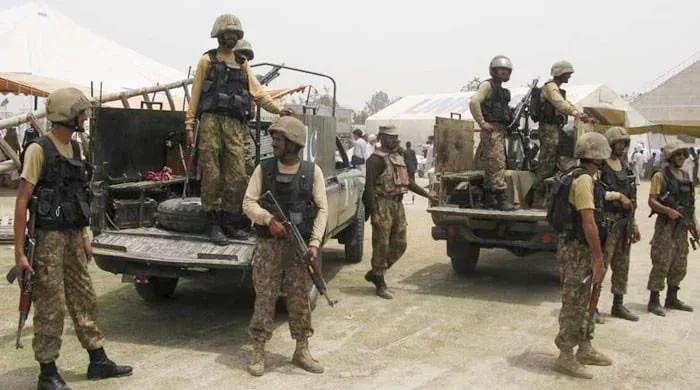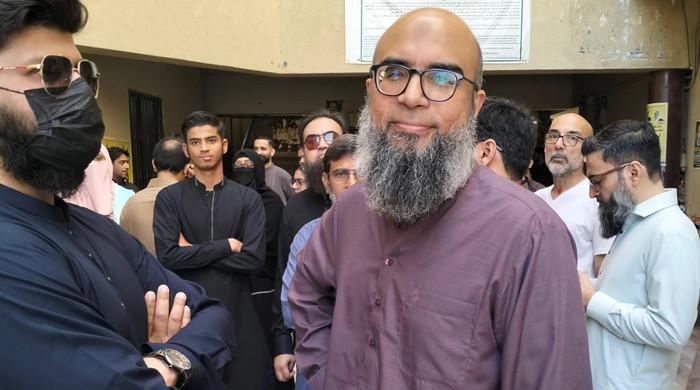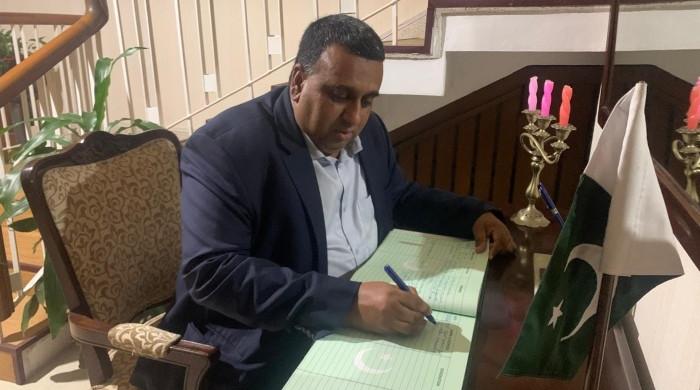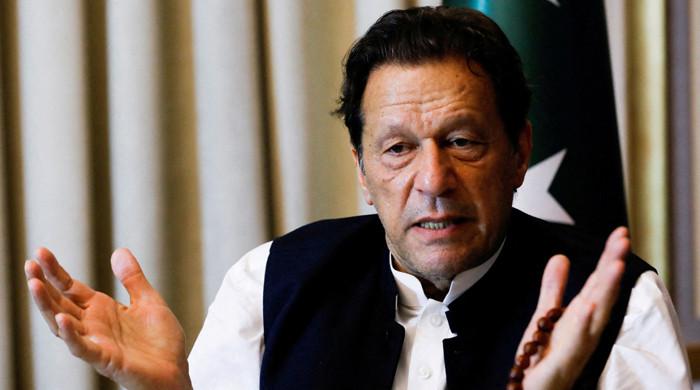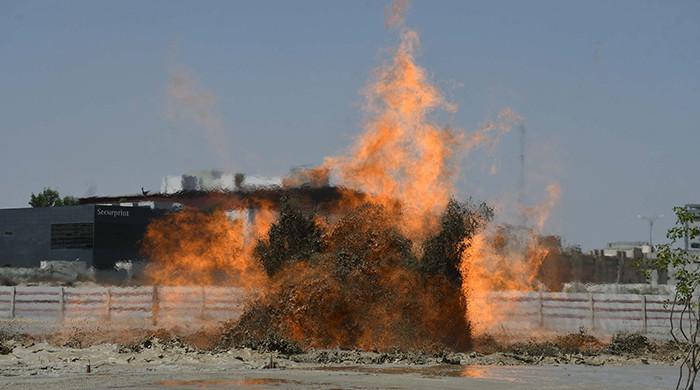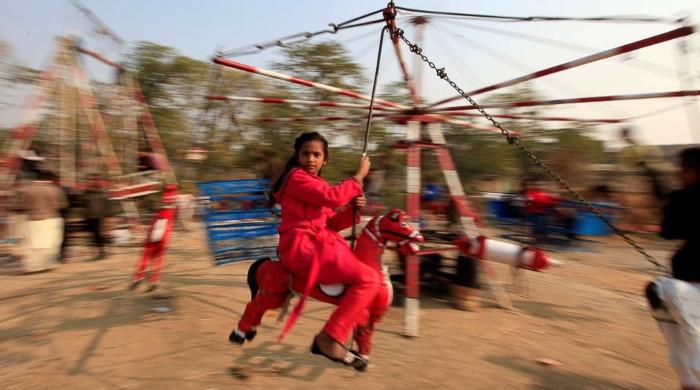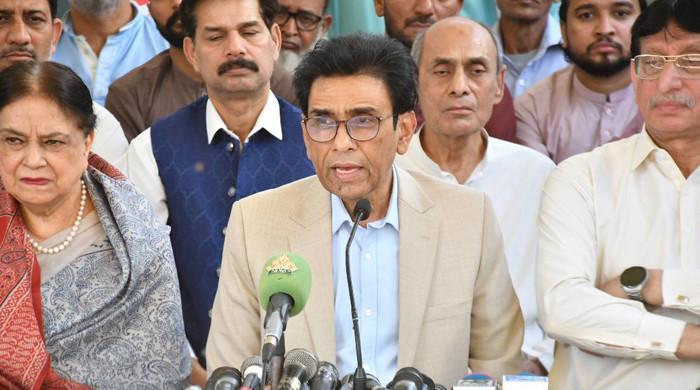Personal vendetta or civilian supremacy: Is Imran Khan against military's unconstitutional role in politics?
Despite levelling serious allegations against senior military officials, Khan is still hopeful to establish contact with army chief
May 15, 2023
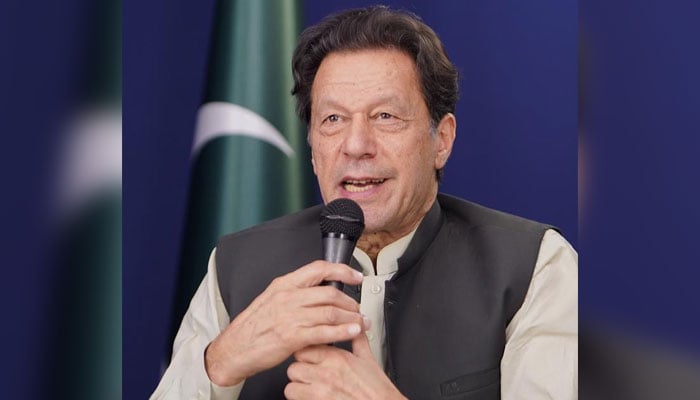
Even as former prime minister Imran Khan continues to lash out at Pakistan’s powerful army chief for allegedly ordering his arrest, he has offered only muted criticism of the military’s behind-the-scenes influence on the country’s politics.
On Sunday, in an interview with The Guardian, Khan said that he had no doubt that the current army chief, General Asim Munir, had him detained last week in a graft case, adding that the general and other senior military officials were again looking for an excuse to put him behind bars.
“The military is above law; the ISI [military intelligence agency] is above law,” the 70-year-old leader told The Guardian. “They can pick up people, detain people, and disappear people. They try to influence judges; they clamp down on the media. There’s no accountability for the institution. It’s not democratic.”
Soon after his arrest, Khan had made a similar statement, telling reporters in court that his fight was against Pakistan’s army chief.
“There is only one man taking action against me and that is the army chief,” he said.
Khan has had a bitter history with General Asim Munir.
Back in 2019, when Khan was the prime minister, he cut short the general’s stint as the chief of Pakistan’s spy agency, barely eight months after being appointed.
Political commentators say the spy chief was replaced after he had a falling out with Khan, when the general brought to the prime minister’s notice a case of corruption involving Khan’s family.
Pakistan’s military has historically intervened in the country’s democratic process, which was acknowledged last year by the outgoing army chief, General Qamar Javed Bajwa.
Analysts say the military even helped Khan’s party win the 2018 national election. However, when it withdrew its support early last year, leading to Khan losing office in April, the former prime minister intensified his criticism of the institution.
Some see the public censuring as an attempt by Khan to pressurise the military to support him again.
This is why, they say, the politician holds back on criticising the military’s oversized role in politics, and has even at times insisted that the unconstitutional role continue, and be expanded.
When in April, the Doha-based Al Jazeera asked the former prime minister if he planned to restructure the civil-military relationship if elected back to power, Khan replied that though the civil and military balance had to change, there was still a role for the military in governance.
“You cannot wish away the role of the military in Pakistan because it is entrenched for 70 years. But you need that balance,” he said.
The former prime minister made a similar comment to the Financial Times in November, adding that the army can in fact “play a constructive role in my future plans for Pakistan.”
Khan has even hinted at the kind of role he envisions for the military and the intelligence agencies if elected prime minister again.
Last December he told reporters that the Inter-Services Intelligence (ISI) can be used to crack down on high-level corruption, money laundering, occupation groups and smuggling within the country.
It is important to note that despite levelling serious allegations against senior military officials, including purported attempts on his life, Khan is still hopeful to establish contacts with the army chief.
“I have repeatedly sent him [army chief] messages,” he told reporters in court on Saturday, “Even since he has been there [in office]. I said, look, you fear that when I come to power I will [remove] you. I won’t do it.”




